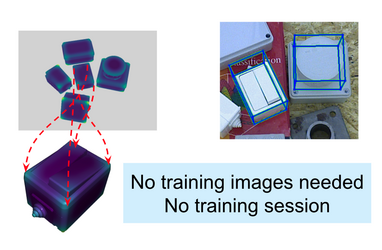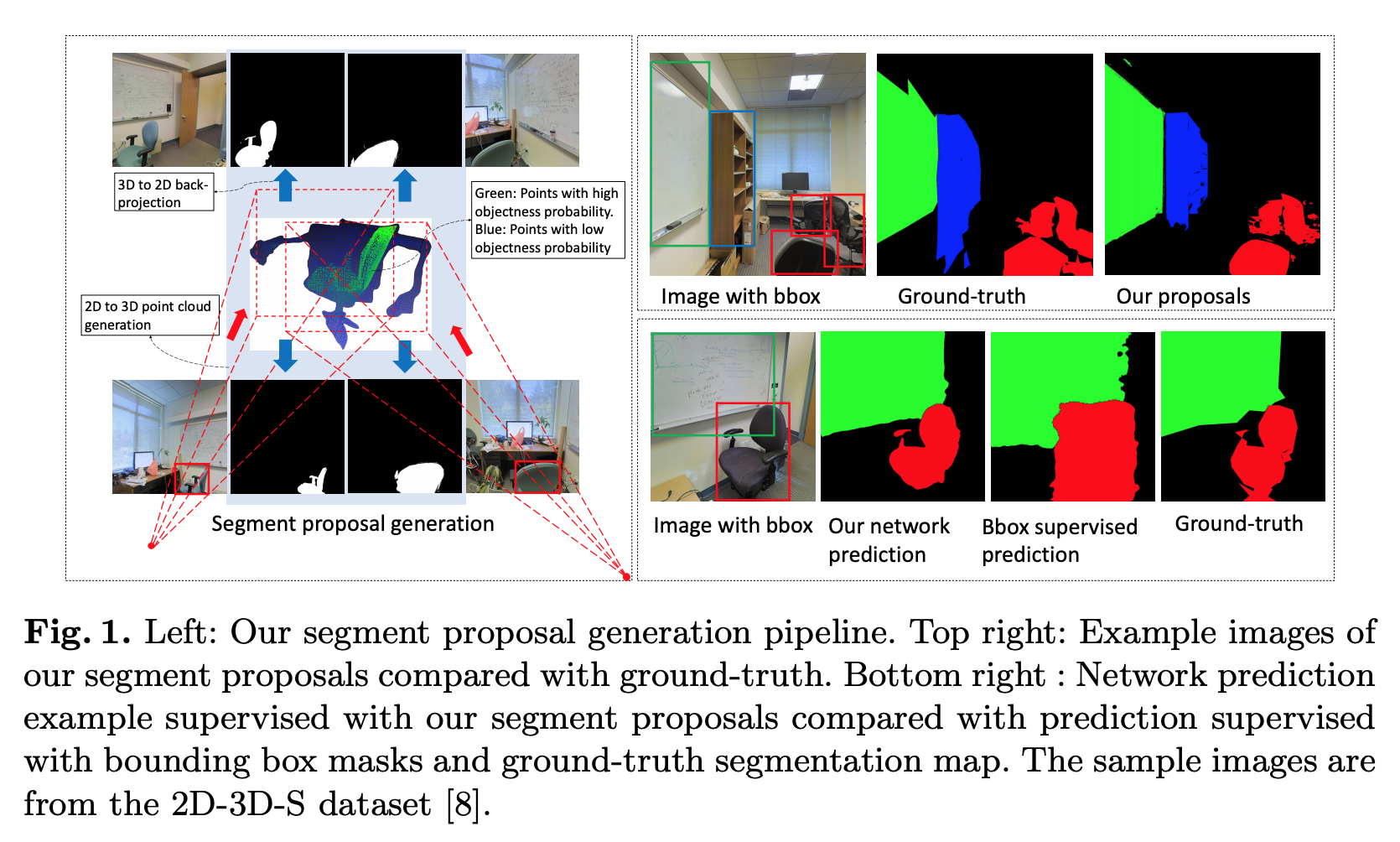Abstract:
Learning 3D geometry directly from raw data, such as point clouds, triangle soups, or unoriented meshes is still a challenging task that feeds many downstream computer vision and graphics applications.
In this paper, we introduce SALD: a method for learning implicit neural representations of shapes directly from raw data. We generalize sign agnostic learning (SAL) to include derivatives: given an unsigned distance function to the input raw data, we advocate a novel sign agnostic regression loss, incorporating both pointwise values and gradients of the unsigned distance function. Optimizing this loss leads to a signed implicit function solution, the zero level set of which is a high quality and valid manifold approximation to the input 3D data. The motivation behind SALD is that incorporating derivatives in a regression loss leads to a lower sample complexity, and consequently better fitting. In addition, we provide empirical evidence, as well as theoretical motivation in 2D that SAL enjoys a minimal surface property, favoring minimal area solutions. More importantly, we are able to show that this property still holds for SALD, i.e., with derivatives included.
We demonstrate the efficacy of SALD for shape space learning on two challenging datasets: ShapeNet that contains inconsistent orientation and non-manifold meshes, and D-Faust that contains raw 3D scans (triangle soups). On both these datasets, we present state-of-the-art results.









































